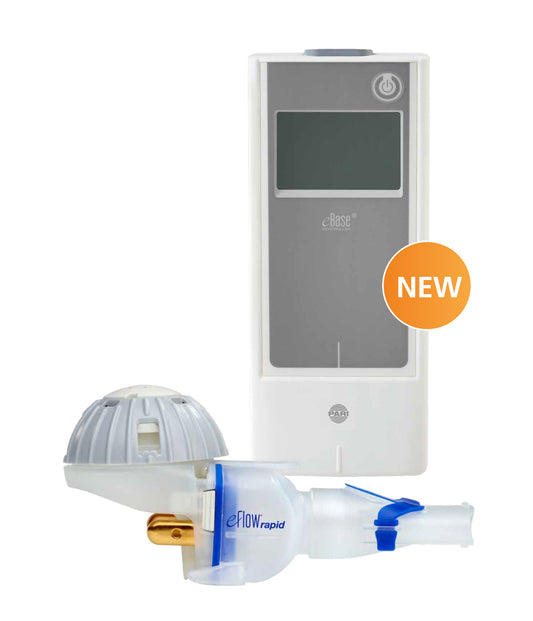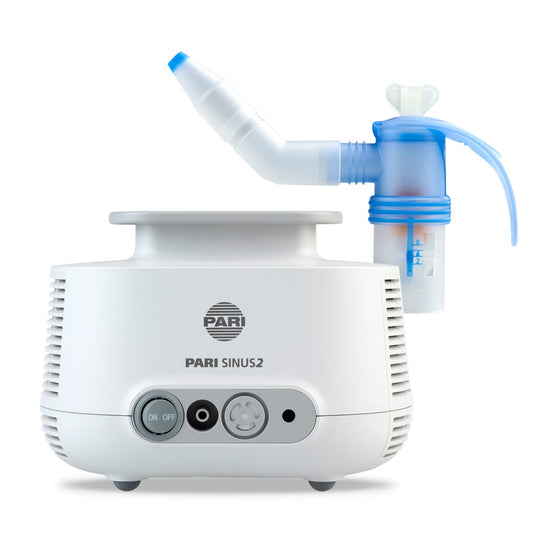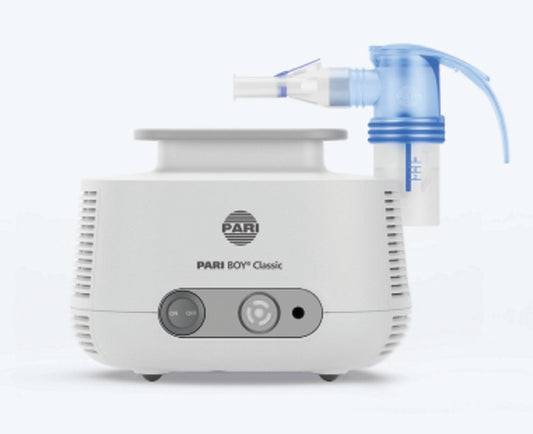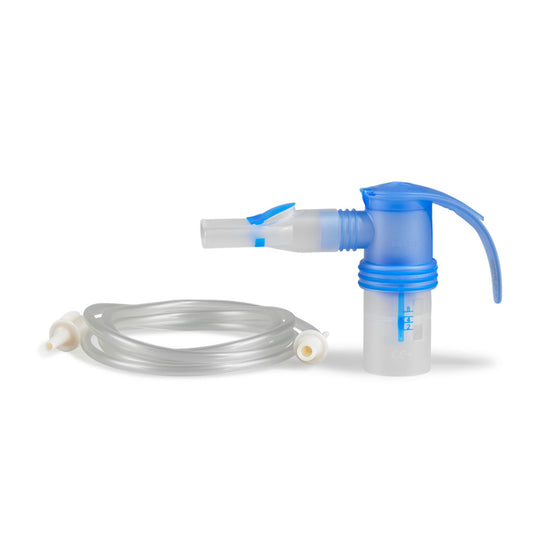Chronic sinusitis is a persisting inflammatory condition of the sinuses that can lead to a significant decrease in the quality of life. Understanding the role patients can play in their treatment is crucial for managing this condition effectively.
Recognizing Chronic Sinusitis
Chronic sinusitis is characterized by symptoms such as nasal congestion, facial pain, pressure, and a reduced sense of smell that last for more than 12 weeks despite treatment efforts. Other symptoms can include a persistent cough, postnasal drip, and fatigue.
Patients’ Role in Therapy
Those living with chronic sinusitis can take an active role in their treatment through the following measures:
Adherence to Treatment Plans: Following the prescribed treatment regimen, whether it involves medication, sinus rinses, or inhalation therapy, is vital for managing symptoms and preventing exacerbations.
Environmental Control: Minimizing exposure to allergens and pollutants, using air purifiers, and maintaining optimal humidity can help reduce sinus irritation and prevent flare-ups.
Diet and Hydration: A balanced diet rich in anti-inflammatory foods and staying well-hydrated can support overall health and may help reduce sinus inflammation.
Regular Communication with Healthcare Providers: Keeping regular appointments and maintaining open communication with doctors allows for timely adjustments to treatment plans and can help address symptoms before they worsen.
Understanding Possible Causes: Recognizing and avoiding triggers such as allergens, irritants, or infections is essential. Understanding the underlying causes of your sinusitis is a step toward targeted treatment.
Specialist Consultation
Consulting with an ENT specialist or a doctor who has expertise in treating chronic sinusitis is important. They can provide:
Accurate Diagnosis: Utilizing nasal endoscopy, CT scans, or allergy testing to determine the cause of symptoms.
Personalized Therapy: Outlining treatment options tailored to individual needs, including the latest medications and surgical techniques if necessary.
Inhalation Therapy with PARI
PARI offers a range of nebulisers and inhalation devices that can be particularly effective for patients with chronic sinusitis. These devices can deliver fine-particle mists of saline or medication deep into the sinuses, helping to reduce mucus build-up, inflammation, and infection.
When to Talk to Your Doctor
Patients should promptly contact their healthcare provider if they experience:
- A significant increase in the severity of symptoms.
- Symptoms that do not improve with treatment.
- Any signs of complications, such as vision problems, severe headaches, or swelling around the eyes.
Living with chronic sinusitis can be challenging, but with active patient involvement and a comprehensive treatment approach, it can be managed. Utilising tools like PARI inhalation devices as part of a broader treatment strategy can help patients find relief from symptoms and improve their daily lives.




